Going green: F&B players in Vietnam leading the way in sustainability
As of August 2022, Vietnamese caught littering the streets, sidewalks and sewage systems will be fined (VND1-2 million ($43-86). This comes as no surprise seeing the Vietnamese government has been taking active steps toward sustainability including imposing laws on households to sort their domestic waste (recycables, food and others) as part of Vietnam’s 2020 Law on Environment Protection.
In response to recent government measures, a global consumer shift towards sustainable packaging after a rude awakening of the gross amount of plastic consumed in the F&B industry (food delivery especially), an increasing number of F&B retail players and restaurants in Vietnam are adopting more sustainable and eco-conscious efforts.
Below are a handful of F&B players leading the sustainable movement in Vietnam and making the industry greener by the day.
Retailers & Supermarkets
Since AEON Vietnam launched its first shopping mall in Vietnam back in 2014, all of the company’s department stores and supermarkets have been using biodegradable plastic (PHSH) carrier-bags. In late 2021, the rate of PHSH bags in AEON Vietnam reached 95% and is expected to reach 100% by the end of 2022.
Photo courtesy of Annam Gourmet
Annam Gourmet offers a range of eco-friendly recycled bags, including traditional paper wine and grocery bags, bags made of cavas and jute for hauling the weekly shop, mesh bags for fruit and vegetables and aluminium foil ziplock bags to keep extra-perishable food such as seafood or icecream from spoiling.
They also have a bottle recycling program where you can bring back any empty glass bottles from selected brands as well as e-gift cards in conjunction with giftee Mekong Vietnam.
One of the largest F&B distributors, Classic Fine Foods, officially announced it's now distributing eco-friendly packaging made in Vietnam. Most recently (August 2022), Classic Fine Foods also launched its own in-house cutting, packaging and vacuuming room with the ultimate goal of bringing valued B2B customers the precise size (100g to 1kg) for their needs to eliminate food waste and stock par level concerns. Best part? The packaging is 0% plastic, 100% compostable and eco-friendly.
ByNature has exacting environmental standards that it requires from its suppliers. All produce is seasonal, organic and delivered directly to the customer in recyclable boxes. They also vet and frequently visit their partner farms, and test all new fruits and vegetables to ensure that organic methods are used. For Vietnamese local pantry products, they visit the production sites to verify that they meet ByNature standards as well. ByNature also sells ethically sourced meat.
Restaurants and food brands
Say hello to Vietnam's first-ever coffee compostible packaging brought to you by the good guys at HRK Group, who is behind some of the most eco-friendly packaging in Vietnam including water-soluble eco-”plastic” and 0% plastic biodegradable and compostable Mulch Films and fruit and vegetable bags.
This year, Pepsi Vietnam announced it has launched 100% recycled PET bottles in Vietnam, with the caps and labels to follow soon. This is on the back of its commitment to go fully recycled in 9 countries across the EU, and reduce the average carbon emissions of each bottle by 40%. Its other soft drinks such as 7Up, Mountain Dew and Lipton Ice Tea are also being considered.
On August 19th, Heineken Vietnam, WWF-Viet Nam, the Ministry of Agriculture and Rural Development and local partners launched a water conservation program in critical river basins to strengthen water governance in Vietnam. (Photo courtesy of Heineken Vietnam)
This year, Heineken Vietnam was recognized by Nhịp Cầu Đầu Tư Magazine as one of the “Top 50 most sustainable companies in Vietnam”, in the 2022 Corporate Sustainability A[, which celebrates commitment and practices in sustainable development. In line with Heineken’s mission - ‘Brewing a Better Vietnam’, all Heineken beers are currently brewed from 52% renewable energy, and 100% of our waste and by-products across 6 breweries are reused and recycled.
Plus, 100% of HEINEKEN Vietnam's bottles are returned for reuse before eventually being recycled, while materials like cardboard, aluminum, plastic and paper are likewise reused or recycled; 100% of its wastewater is treated to Grade A so it can be reused or returned safely to the environment.
On August 19th, Heineken Vietnam, WWF-Viet Nam, the Ministry of Agriculture and Rural Development and local partners launched a water conservation program in critical river basins to strengthen water governance in Vietnam.
Upcycled, recycled, and made in Vietnam. Mashed Up Gin is a craft gin and one of a handful of gins upcycled from beer and bottled in recycled beer bottles. These bottles are hand-cast to resemble ancient beer bottles with a circular top, square bottom, and a flip-top lid on top of that. Distilled herbs are also given to local farms for pig food and the heads and tails go toward alcohol production in pharmacies.
Pizza4Ps has long been one of the standard bearers for sustainability in Vietnam, leading the way long before sustainability was a talked-about issue. 66% of its buying is from renewable sources - including its ingredients, napkins, cutlery and even the string on Pizza4Ps burrata cheese. However, it has struggled to go entirely plastic-free, due to the lack of food-safe alternatives.
Pizza4Ps’ new partnership with TONTOTON tracks the plastic packaging used in 4Ps retail products, then empowers local communities in Phu Quoc Island and Hon Son Island to rescue the same amount of non-recyclable plastic from the coastline. The collected plastic is then used as an alternative fuel at a cement manufacturing factory, replacing fossil fuel.
Here’s another reason to pick up a bar of Marou chocolate. Maison Marou buys from local Vietnamese farmers, then makes the chocolate locally at their factories. Their commitment ensures that their “cacao-to-chocolate value chain is strong, socially responsible and environmentally sustainable”. Their annual reports also showcase the work they do to make chocolate an ethical and sustainable choice for consumers. As local Vietnamese chocolate, these bars have the added benefit of low food miles, in addition to their eco-friendly ethos.
The Cocoa Project’s bean-to-bar packaging uses recycled paper and its design is inspired by Vietnamese culture and everyday life. (Photo courtesy of The Cocoa Project)
Another chocolate player in Vietnam making the chocolate industry a more ethical and sustainable one is The Cocoa Project, which sources all its chocolate beans locally and uses recycled paper for all its bean-to-bar chocolate packaging.
Pendolasco regards the eco-impact of their takeaways seriously. All takeaway pastas are served in a claypot, and there are no plastic bags, instead, Pendolasco ferries their takeaways in reusable bags. They also encourage users to exchange two claypots, or 10 of their reusable bags, for a chocolate mousse.
Photo courtesy of Lecka
This year, healthy Vietnam-based snack Lecka successfully launched in Singapore to “support Singaporeans who want to live a healthy and eco-friendly life” and became a first mover with sustainable packaging in the market with its range of natural energy bars that are packaged in biodegradable and compostable material.
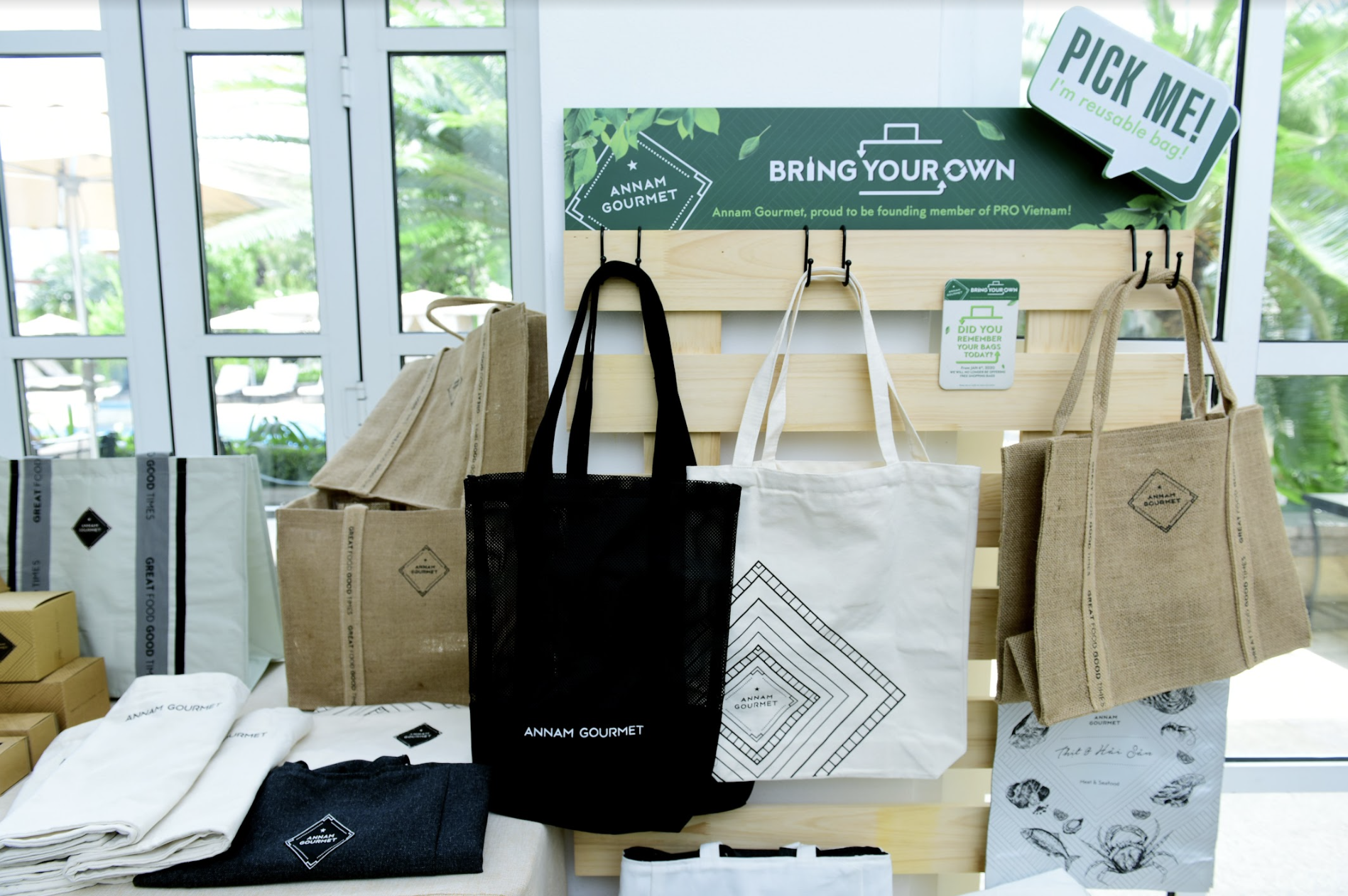
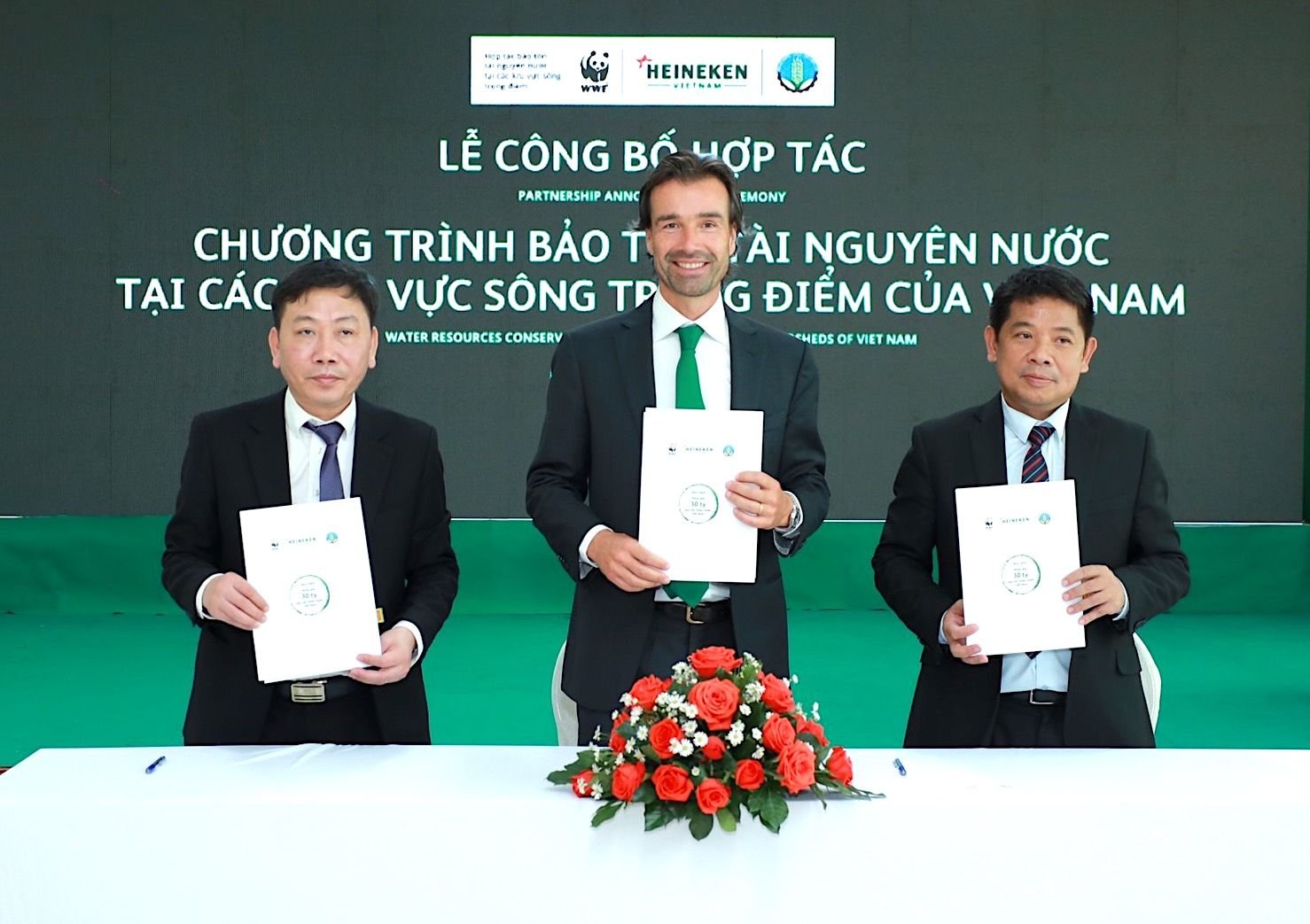
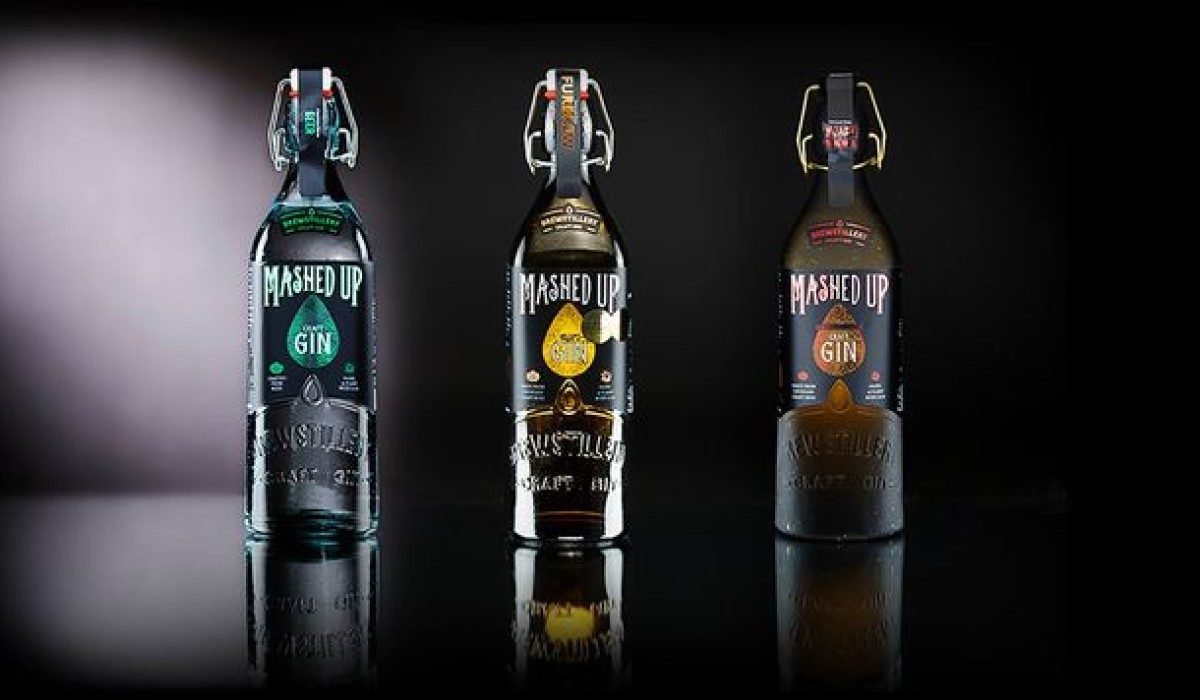
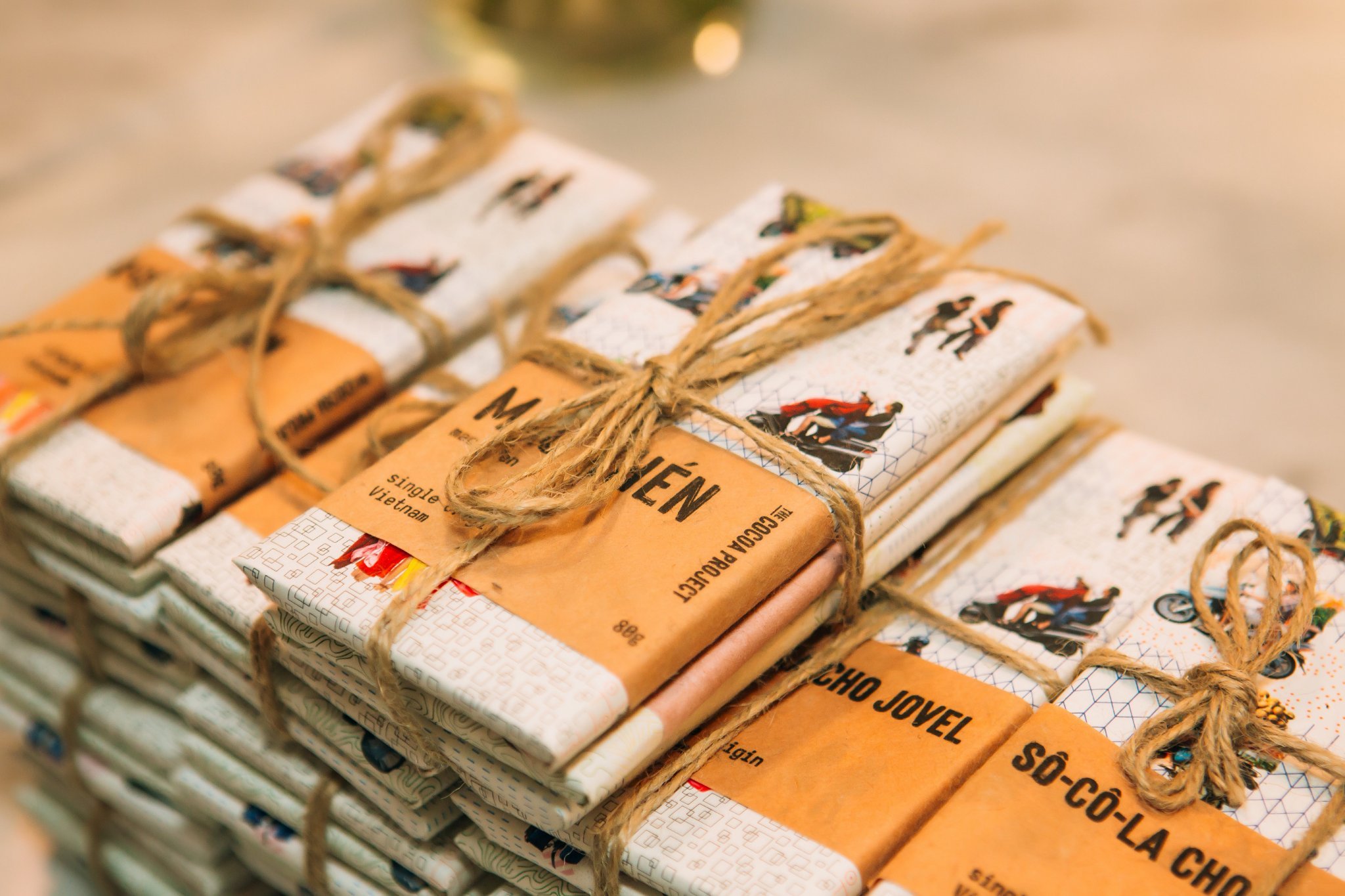
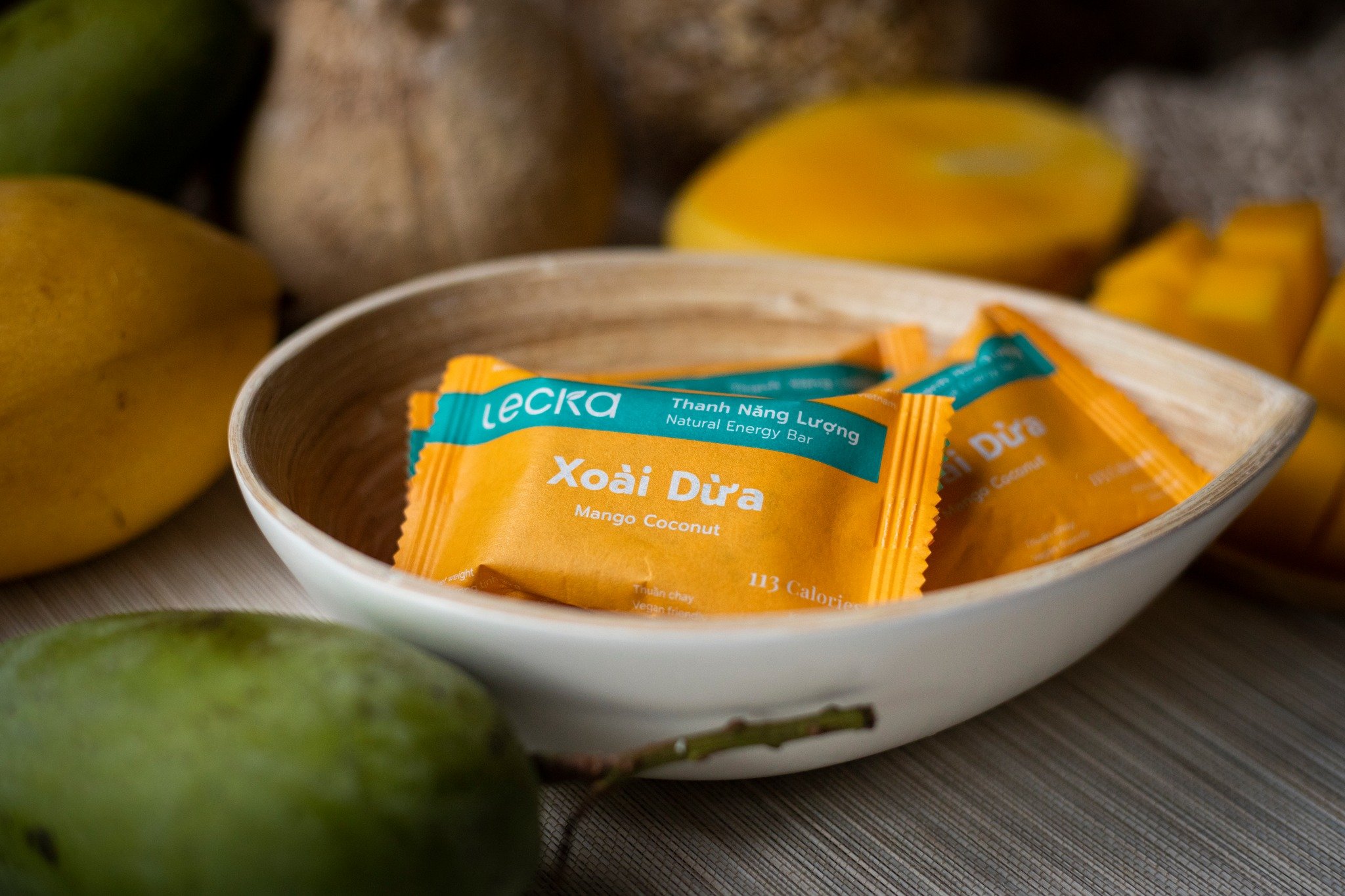

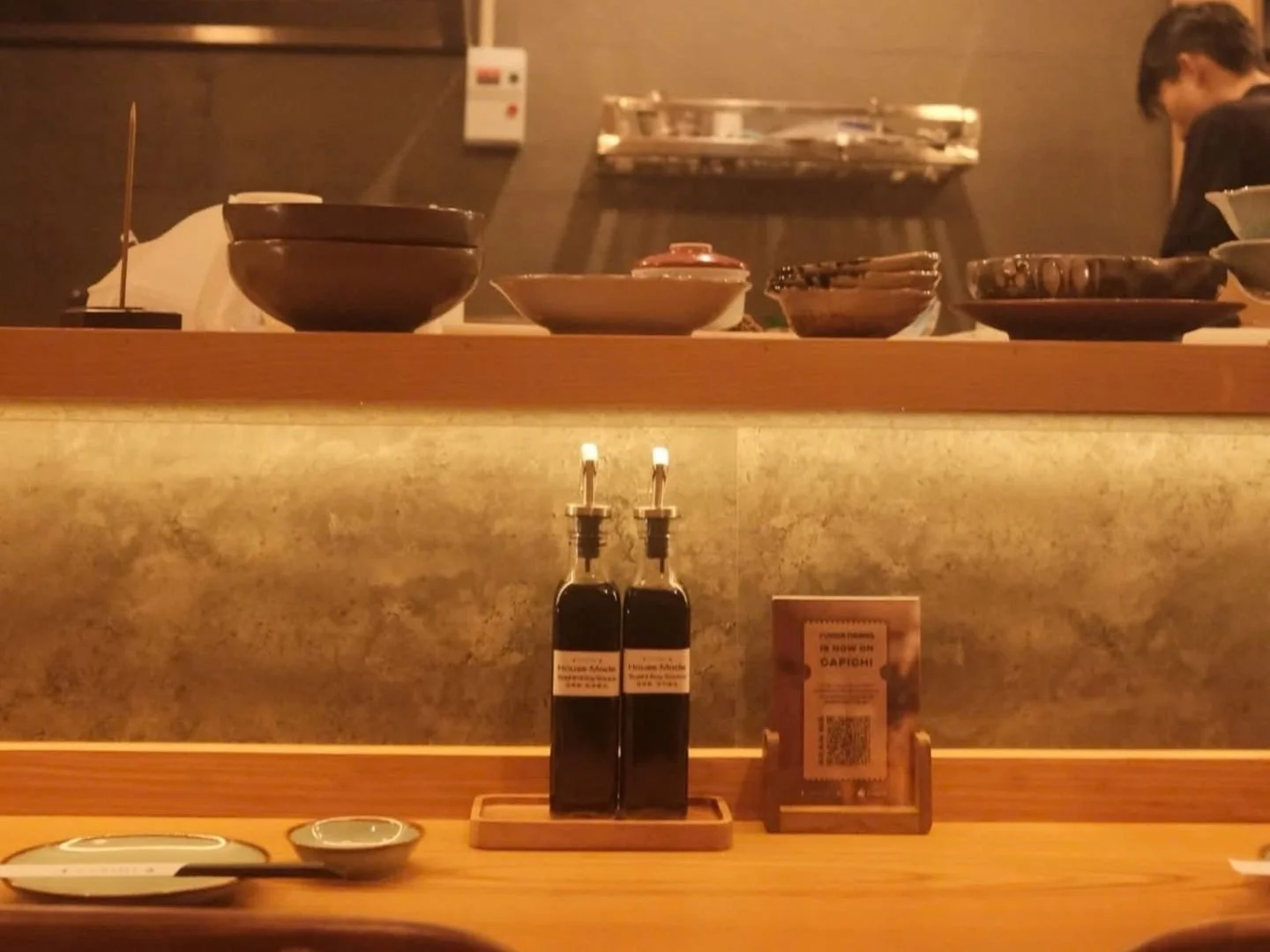
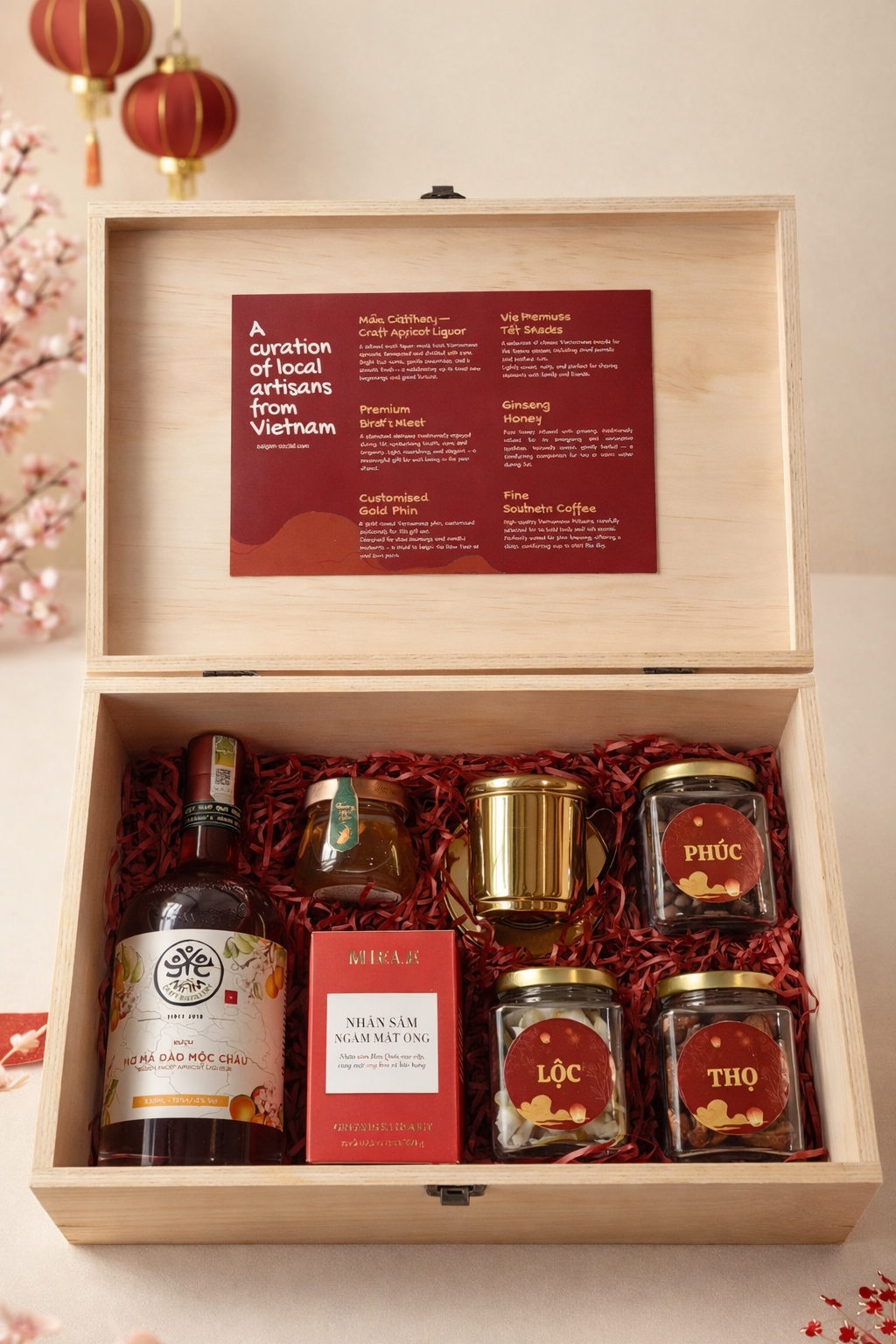
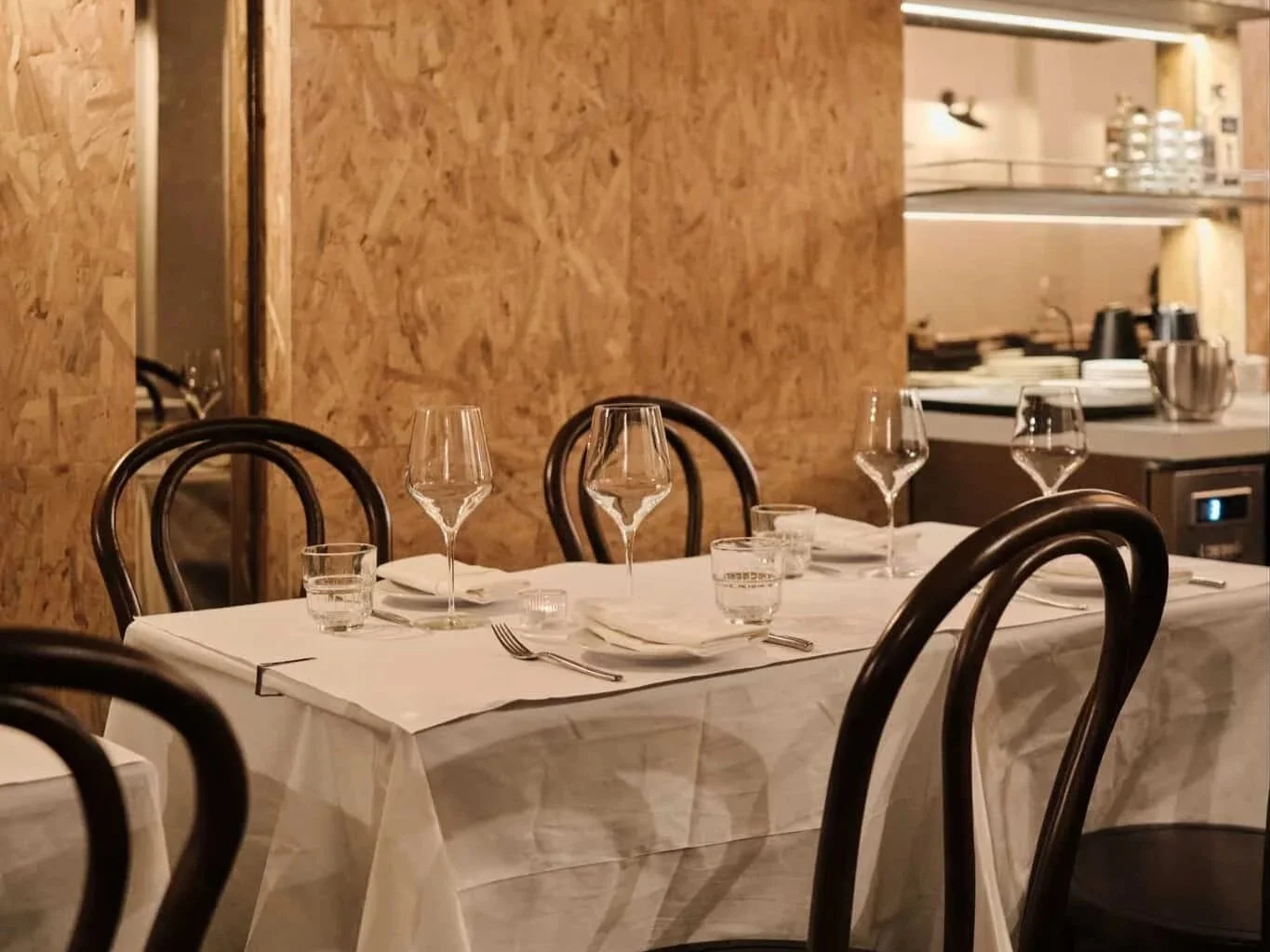









Like what you read?
Discover Vietnam’s coming-of-age food and drink scene with one of our tours and experiences exclusively available at Saigon Social